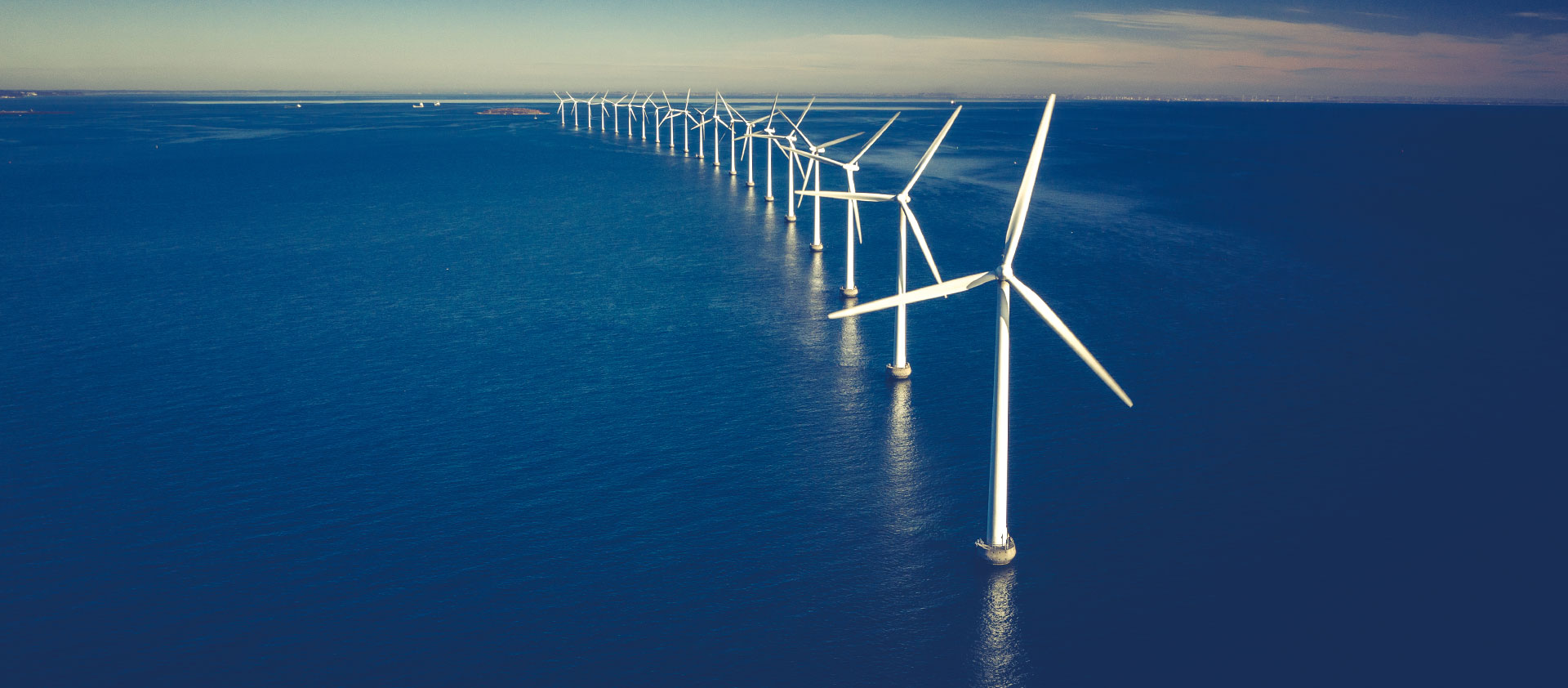OP ED
OP ED | Australia should hitch its solar wagon to the China juggernaut
Renew Economy
CEF observes continued price deflation in solar PV and batteries – prices dropped 20% for batteries, and Chinese panels plummeted by 37 to 46% in 2024. This cost reduction has turbocharged deployment rates, with almost 600GW of solar PV installed in 2024.
Assuming continued growth in China deployments, 700GW this year seems likely, and CEF projects this will rise to 1,000GW per annum by 2030. BESS installation rates are expected to treble in this timeframe. With solar modules and battery manufacturing capacity at three times the current global installations, expectations of plateauing installations are entirely unlikely.
Read more
OP ED | More costs for Peter Dutton’s gas plan
The Guardian
Peter Dutton’s new national gas plan sounds good in theory: force gas companies to supply more gas for domestic consumption, thereby reducing domestic gas prices by about 30%.
But the reality is likely to be very different.
Read more
OP ED | The gas export industry continues to cry wolf about always looming shortages, but this isn’t supported by the facts
Energy News Bulletin
Woodside Energy’s CEO Meg O’Neill sounded a self-serving alarm last week about the risks for Australia of the US’s new administration’s “drill baby drill” mantra, concluding that the ever-looming east coast gas supply shortage demands urgent government actions to accelerate gas exploration and development.
Read more
OP ED | Urgent case for statecraft on green iron and steel to secure Australia’s future prosperity
Pearls & Irritations
Prof Elizabeth Thurbon writes on CEF’s green iron report and the immense strategic opportunity for Australia in establishing a green iron and steel industry
Read more
OP ED | Under Trump, the US will forfeit the global clean tech race to China
South China Morning Post
The election of Donald Trump – a felon and climate crisis denier – as president of the United States comes as a stroke of bitter irony after recent floods exacerbated by global warming smashed parts of the southeast US – Hurricane Milton alone is likely to cost up to US$50 billion – and given the escalating intensity of wildfires and other natural disasters taking a huge toll on America and other countries. Trump’s “drill baby, drill” energy policies are a disaster for the US, intergenerational equity and global efforts to mitigate the climate crisis.
Read more
OP ED | Trump’s return is a catastrophe for climate and US energy transition, and China wins the cleantech race
Renew Economy
The re-election of Donald Trump as US president – a charlatan, fool, felon and climate denier captured and paid for by the fossil fuel cartel – is a bitter irony after the devastating climate-change driven floods that smashed parts of the southeast US recently.
Trump’s ‘drill baby drill’ climate and energy ‘policies’ are a disaster for the nation, for intergenerational equity and equality, and will impact global efforts to mitigate climate change.
Read more
OP ED | United States Studies Centre | The Debate Papers: Should the United States, Australia and like-minded allies cooperate or compete with China when it comes to fighting climate change?
___
As part of the USSC Debate Papers series, the Centre invited Xuyang Dong, China energy policy analyst at Climate Energy Finance, and Noah Gordon, acting co-director of the Sustainability, Climate and Geopolitics program at the Carnegie Endowment for International Peace, to discuss whether the United States, Australia and other like-minded allies and partners should cooperate or compete with China when it comes to fighting climate change.
Read more
OP ED | Coalition claims of a nuclear power renaissance in UK further expose its shameless policy con
Renew Economy
As John Hewson and Tim Buckley write, i the one-page nuclear policy pamphlet the LNP released in June, federal opposition leader Peter Dutton states that “of the world’s 20 largest economies, Australia is the only one not using nuclear energy, or moving towards using it.”
Even this claim lacks credibility and relies on half-truths – so no wonder Dutton and his nuclear-spuiking sidekick Ted O’Brien are failing to get buy-in on their delusion from those in their own party, let alone most experts.
Read more
OP ED | Riding China’s green capital tsunami to harness cleaner future for Australia
PV Magazine
As the world races to decarbonise, China is leading the way. It committed more than $145 billion (USD 100 billion) in outbound foreign direct investment since 2023 across decarbonisation sectors including solar, wind, batteries, grid, new energy vehicles, hydro and green hydrogen.
Yet, as the momentum of China’s green capital tsunami accelerates, Australia finds itself at a critical juncture: will we ride this wave, or be left behind?
Read more
OP ED | China’s cleantech leadership is Australia’s decarbonisation opportunity
The Australian Financial Review
Australia China Business Council chair David Olsson reflects on CEF’s new Green Capital Tsunami report, which tracks $100bn since 2023 in foreign investment by Chinese firms in sun, wind, EVs, batteries and other cleantech around the world, noting that Australia has untold potential to partner with China and attract investment from the world’s cleantech superpower – if we get the foreign investment rules right.
Read more
OP ED | Why China’s clean tech glut is a net global positive
South China Morning Post
China’s massive expansion of green technology can help the world decarbonise and decrease prices at a speed and scale required by the climate crisis.
Read more
OP ED | Record weeks for renewables blow up Dutton’s nuclear con
The Australian Financial Review
As Tim Buckley and AM Jonson write the record high of low-cost wind and solar in the grid comes as we are still waiting for the Coalition’s budget projections on its plan to nationalise the eye-watering cost of seven nuclear plants.
Read more
